Burundian civil society organization PARCEM has voiced concerns over the country’s economic restrictions, citing government interference and structural challenges as key obstacles. The warning follows Burundi’s ranking of 170th in the 2025 Economic Freedom Index by the American think tank The Heritage Foundation, a placement that underscores the country’s weak economic liberties.
In a statement issued Thursday, PARCEM highlighted political factors and decision-making processes that hinder economic freedom, urging the government to take corrective action.
The organization criticized the government’s role in price-setting, trade barriers, and market access, arguing that these interventions limit economic activities.
“The price controls imposed on maize by the National Agency for the Management of Food Security Stocks (ANAGESSA) force farmers to sell their harvests at fixed rates, restricting their economic freedom,” the statement read. “Similarly, the restrictions on motorcycle movement in certain areas, which lack a legal basis, further constrain economic activity.”
According to PARCEM, economic freedom entails the ability to invest, create businesses, and operate in any sector without undue restrictions. However, Burundi faces diplomatic challenges, political discrimination, excessive customs duties, and poor infrastructure, all of which undermine free enterprise.
The organization also pointed to lack of transparency in market competition and an unfair judicial system that fails to protect investors, exacerbating inequality.
PARCEM’s concerns are not new. In December 2024, former Nigerian President Olusegun Obasanjo emphasized the importance of good governance and transparency in attracting investors, warning that corruption deters sustainable economic growth.
Burundi’s Foreign Affairs Minister Albert Shingiro echoed these concerns, acknowledging the country’s corruption problem. “Such improper behavior tarnishes our country’s image,” he said, describing corruption as a major obstacle to economic development.
Similarly, Gabriel Rufyiri, chairman of the local corruption watchdog OLUCOME, stressed the need for judicial stability and governance reforms, arguing that “the business environment is not strengthened at all.”
Despite Burundi’s potential for growth and private sector expansion, economic restrictions continue to hinder progress, PARCEM warned.
“Economic freedom unleashes talent, fosters creativity, and encourages risk-taking—all of which contribute to wealth creation and private sector development,” said Faustin Ndikumana, head of PARCEM.
He further emphasized that Burundi’s Vision 2040-2060 cannot be effectively implemented without prioritizing economic freedom. “To align with regional integration efforts, Burundi must remove barriers that limit economic activities.”

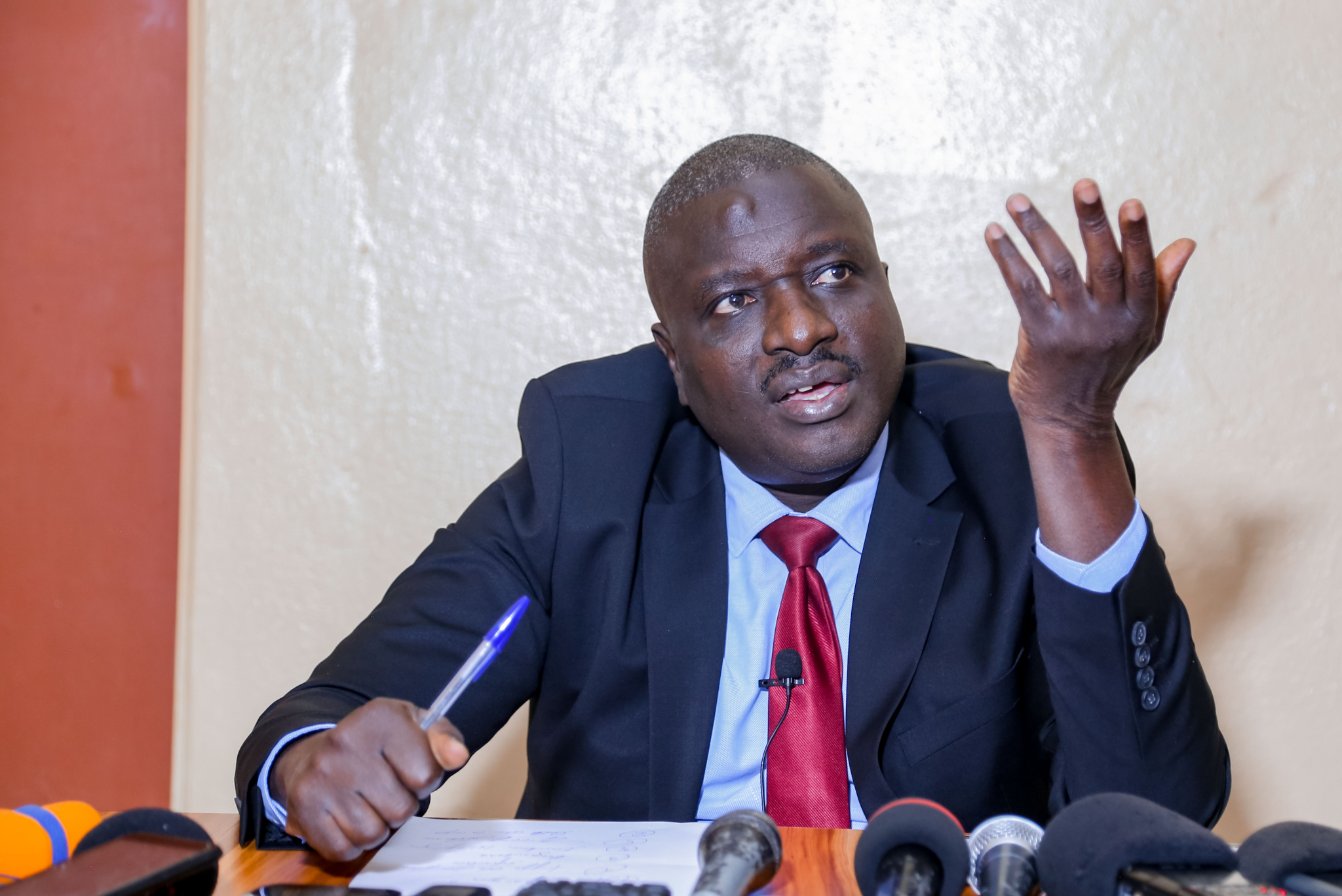

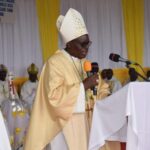
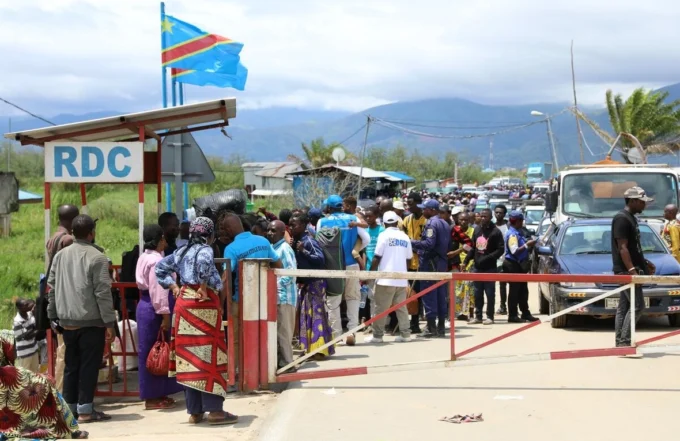
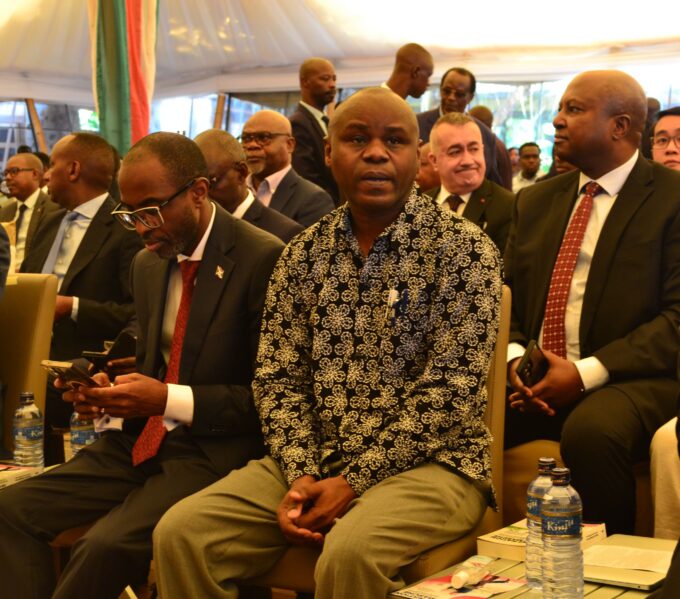

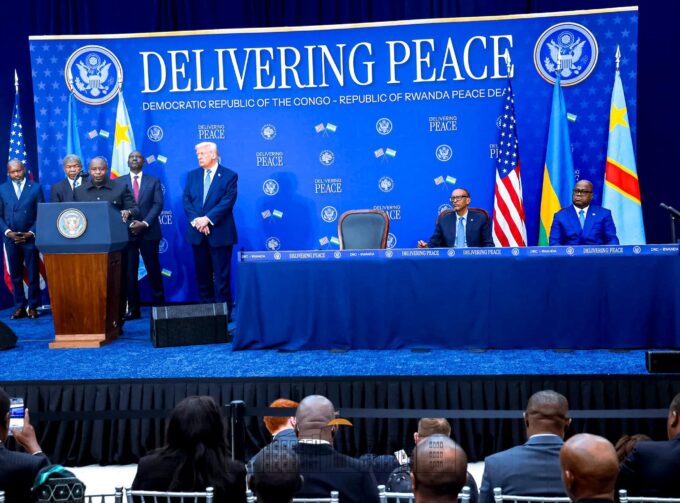
Leave a comment